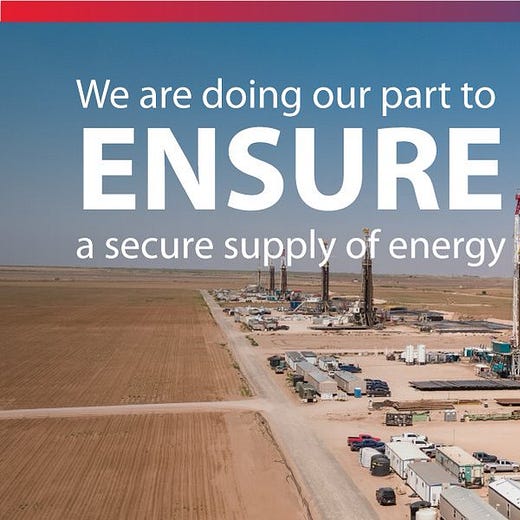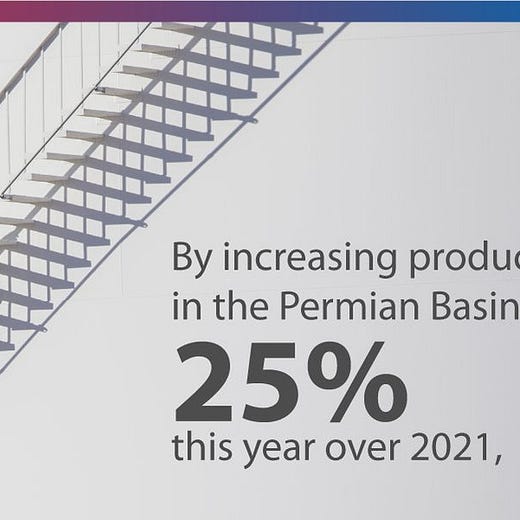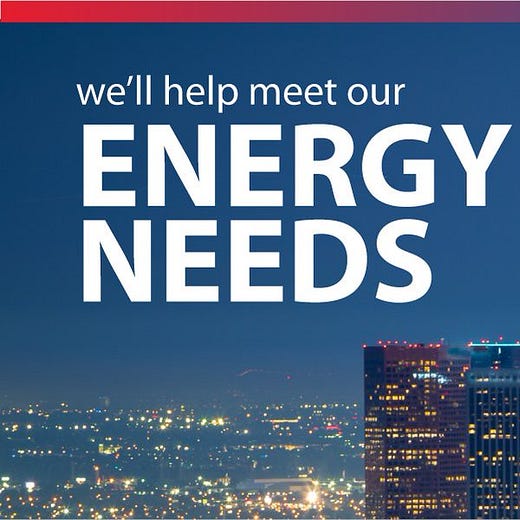How is Big Oil spending record profits?
Not on climate or workers, according to new research.
Emily Sanders is the Center for Climate Integrity’s editorial lead. Catch up with her on Twitter here.
Carbon dioxide in the atmosphere reached its highest recorded levels in human history last month, and we have a world on fire to show for it. Thousands of New Mexico residents have been forced to flee their homes during the Calf Canyon Fire, the state’s most devastating wildfire to date. In California, residents and businesses are facing ‘unprecedented’ water restrictions as the state grapples with extreme drought. Communities in central and northern India, many without access to air conditioning, have suffered unrelenting, deadly temperatures during a months-long heatwave.
While communities are paying an unbearable price, mega polluters are raking in record profits from the oil and gas products fueling the crisis. Big Oil companies like Exxon, Chevron, and Shell more than tripled their profits during the first quarter of 2022.
But with growing scrutiny into how these companies are spending their newfound cash, it’s becoming harder than ever for Big Oil to square the gap between its words and actions.
Instead of investing in climate solutions, Big Oil continues to finance fossil fuels and pad shareholders’ pockets.
According to E&E, European oil majors Shell, BP, Total, and Equinor are siphoning the record profits they’ve made amid the war in Ukraine to shareholders through share buybacks while continuing to invest most of their wealth in oil and gas. These same companies have committed to reaching “net-zero emissions” by 2050 — and have announced “low-carbon initiatives” with investments in renewables, electric vehicles, and hydrogen fuel — but have little to show for it.
Instead, the companies have already spent billions of dollars on share buybacks in the first half of this year.
Danielle Fugere, president of As You Sow, a nonprofit that advocates for socially responsible investing, told E&E that the companies’ lack of detailed transition plans are “perhaps indicative of what the transition plan really is: We will continue doing what we do until it is no longer viable.”
Maybe that helps to explain why investors of major oil companies are pushing back on climate targets. Shareholders of BP, ConocoPhillips, Shell, and Equinor have so far rejected proposals from Dutch shareholder activist group Follow This to align their companies’ climate plans with the goals of the Paris Agreement. That doesn’t bode well for chances that Exxon and Chevron — whose shareholder meetings are scheduled for next week — will do the right thing, considering the U.S. majors typically lag behind their European counterparts.
Fossil fuel majors aren’t just failing to invest in renewables — the industry is now planning new major oil and gas projects behind the scenes.
An investigation published last week by the Guardian found that the world’s dozen largest oil companies are already on track to spend $103 million per day for the rest of the decade drilling new oil and gas fields that will lock us into global climate catastrophe.
New peer reviewed scientific research published yesterday concluded that to limit global warming to the 1.5 degrees Celsius, the threshold at which point climate impacts become far more dangerous, irreversible, and widespread, nearly half of existing fossil fuel projects need to be shut down early.
And yet these companies are still trying to convince us that they are part of the solution.
But wait, at least Big Oil companies care about their workers, right? Nope, not them either.
Since receiving taxpayer-funded bailouts at the start of the pandemic, U.S. oil and gas majors have cut worker salaries and enacted mass layoffs while pumping up compensation for their executives, according to a new analysis from fossil fuel industry watchdog Bailout Watch.
The report, published today, found that CEOs at Exxon, Chevron, and eight other U.S. oil giants made more than 100 times their median worker’s total compensation in 2021. At those same companies, a net 21,610 workers were laid off between 2020 and 2021.
Industry front groups love to pretend that increasing production of fossil fuels and slashing regulations would allow Big Oil to provide more jobs and “economic growth” to the American people. On the other side of that flawed logical coin, they warn that climate action would hurt economic stability and punish workers. In October, fossil fuel allies used the specter of lost jobs in oil and gas to blame President Biden and deflect criticism from the industry during the landmark House Oversight hearing into Big Oil’s climate disinformation campaigns.
Yet at a time when oil and gas majors are reaping greater profits than ever, we have yet to see those earnings “trickle down” to working families, who have instead been subject to soaring prices at the pump.
Oil and gas executives clearly have no intention of voluntarily changing for the better, nor any incentive to as long as they can get rich off fossil fuels. The proof, as they say, is in the profits.
ICYMI News Roundup







